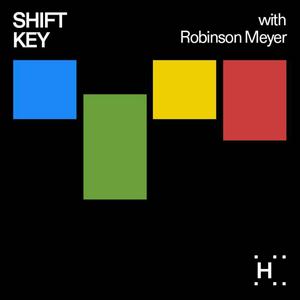The United States and Israel have launched a devastating new war on Iran. What has happened so far, when could it end, and what could it mean for oil, gas, and the global energy shift?
Rob is joined by Gregory Brew, an analyst with the Eurasia Group’s energy, climate, and resources team focused on the geopolitics of oil and gas. He serves as the group’s country analyst for Iran. He’s also an historian of modern Iran, oil, and U.S. foreign policy, and the author of two books about the subject.
Shift Key is hosted by Robinson Meyer, the founding executive editor of Heatmap News.
You can find a full transcript of the episode here.
Mentioned:
From Heatmap: War With Iran Isn’t Just an Oil Story
From Heatmap: How Trump’s War Could Destabilize the Global Energy Market
--
This episode of Shift Key is sponsored by …
Accelerate your clean energy career with Yale’s online certificate programs. Explore the 10-month Financing and Deploying Clean Energy program or the 5-month Clean and Equitable Energy Development program. Use referral code HeatMap26 and get your application in by the priority deadline for $500 off tuition to one of Yale’s online certificate programs in clean energy. Learn more at cbey.yale.edu/online-learning-opportunities.
Music for Shift Key is by Adam Kromelow.
Hosted on Acast. See acast.com/privacy for more information.


